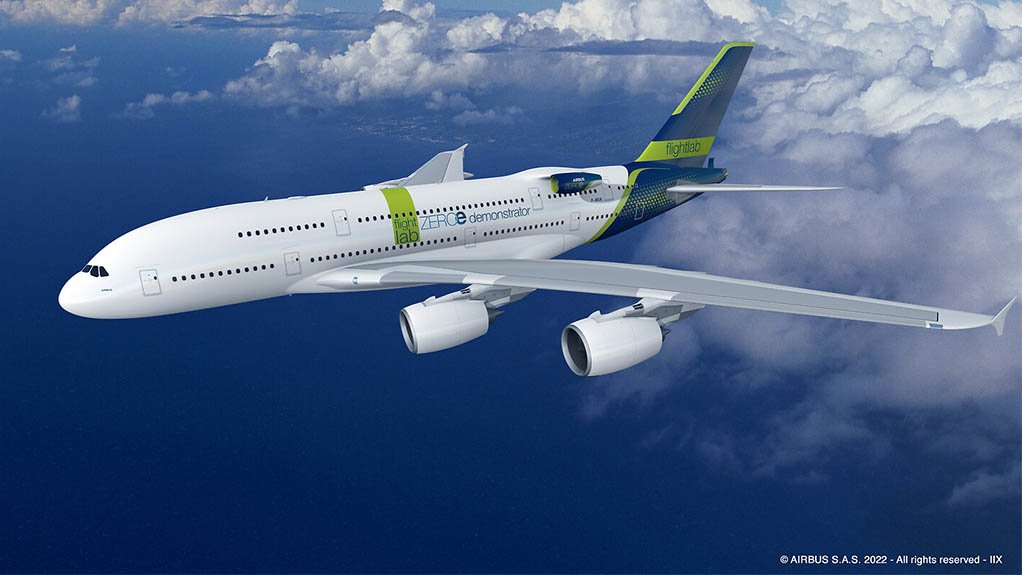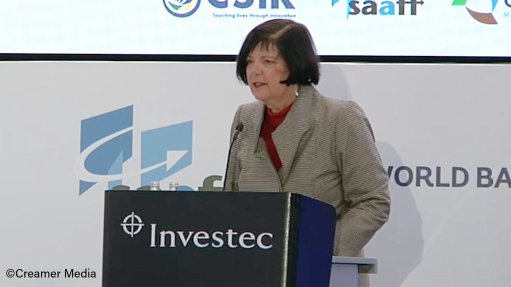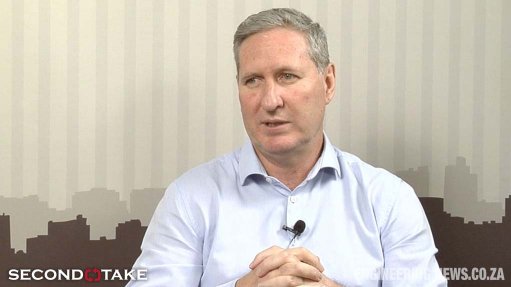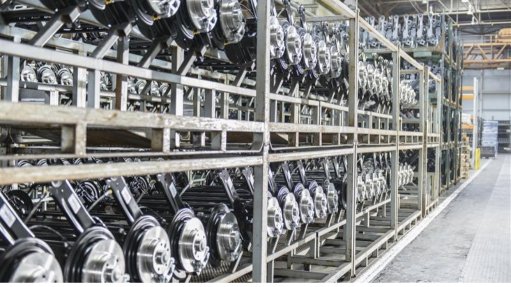Airbus, CFM to jointly undertake hydrogen fuel engine flight test programme
Two global major commercial aerospace groups, airframer Airbus and aeroengine company CFM International (a 50:50 joint venture between GE of the US and Safran of France), have announced the launch of a joint liquid hydrogen fuel technology demonstration programme. This will use a modified Airbus A380 as a flying testbed, with test flights intended to start around 2025. The programme is aimed at preparing the way for the entry-into-service of zero-emission commercial aircraft by 2035.
“This is the most significant step undertaken at Airbus to usher in a new era of hydrogen-powered flight since the unveiling of our ZEROe concepts back in September 2020,” highlighted Airbus chief technical officer Sabine Klauke. “By leveraging the expertise of American and European engine manufacturers to make progress on hydrogen combustion technology, this international partnership sends a clear message that our industry is committed to making zero-emission flight a reality.”
Airbus will manufacture the liquid hydrogen fuel tanks, at its facilities in France and Germany, and install them on an A380. The group will also determine what requirements the hydrogen propulsion system must meet and oversee the flight test programme. The aircraft will retain its four conventionally-fuelled turbofan engines. The liquid-hydrogen-fuelled engine will be mounted high on the rear fuselage of the aircraft, so that its emissions, including any contrails it forms, can be measured separately to those from the conventional underwing engines.
“Hydrogen combustion capability is one of the foundational technologies we are developing and maturing as part of the CFM RISE [Revolutionary Innovation for Sustainable Engines] programme,” emphasised CFM president and CEO Gaël Méheust. “Bringing together the collective capabilities and experience of CFM, our parent companies, and Airbus, we really do have the dream team in place to successfully demonstrate a hydrogen propulsion system.”
The engine selected for modification, to burn liquid hydrogen fuel, is a GE Passport turbofan. The Passport family of engines were developed to power business jets (and so could not possibly replace any of the testbed A380’s conventional engines). CFM will modify the chosen engine’s control system, fuel system and combustor. This type of powerplant was selected because of its fuel flow capability, advanced turbo machinery and physical size.
Comments
Press Office
Announcements
What's On
Subscribe to improve your user experience...
Option 1 (equivalent of R125 a month):
Receive a weekly copy of Creamer Media's Engineering News & Mining Weekly magazine
(print copy for those in South Africa and e-magazine for those outside of South Africa)
Receive daily email newsletters
Access to full search results
Access archive of magazine back copies
Access to Projects in Progress
Access to ONE Research Report of your choice in PDF format
Option 2 (equivalent of R375 a month):
All benefits from Option 1
PLUS
Access to Creamer Media's Research Channel Africa for ALL Research Reports, in PDF format, on various industrial and mining sectors
including Electricity; Water; Energy Transition; Hydrogen; Roads, Rail and Ports; Coal; Gold; Platinum; Battery Metals; etc.
Already a subscriber?
Forgotten your password?
Receive weekly copy of Creamer Media's Engineering News & Mining Weekly magazine (print copy for those in South Africa and e-magazine for those outside of South Africa)
➕
Recieve daily email newsletters
➕
Access to full search results
➕
Access archive of magazine back copies
➕
Access to Projects in Progress
➕
Access to ONE Research Report of your choice in PDF format
RESEARCH CHANNEL AFRICA
R4500 (equivalent of R375 a month)
SUBSCRIBEAll benefits from Option 1
➕
Access to Creamer Media's Research Channel Africa for ALL Research Reports on various industrial and mining sectors, in PDF format, including on:
Electricity
➕
Water
➕
Energy Transition
➕
Hydrogen
➕
Roads, Rail and Ports
➕
Coal
➕
Gold
➕
Platinum
➕
Battery Metals
➕
etc.
Receive all benefits from Option 1 or Option 2 delivered to numerous people at your company
➕
Multiple User names and Passwords for simultaneous log-ins
➕
Intranet integration access to all in your organisation





















